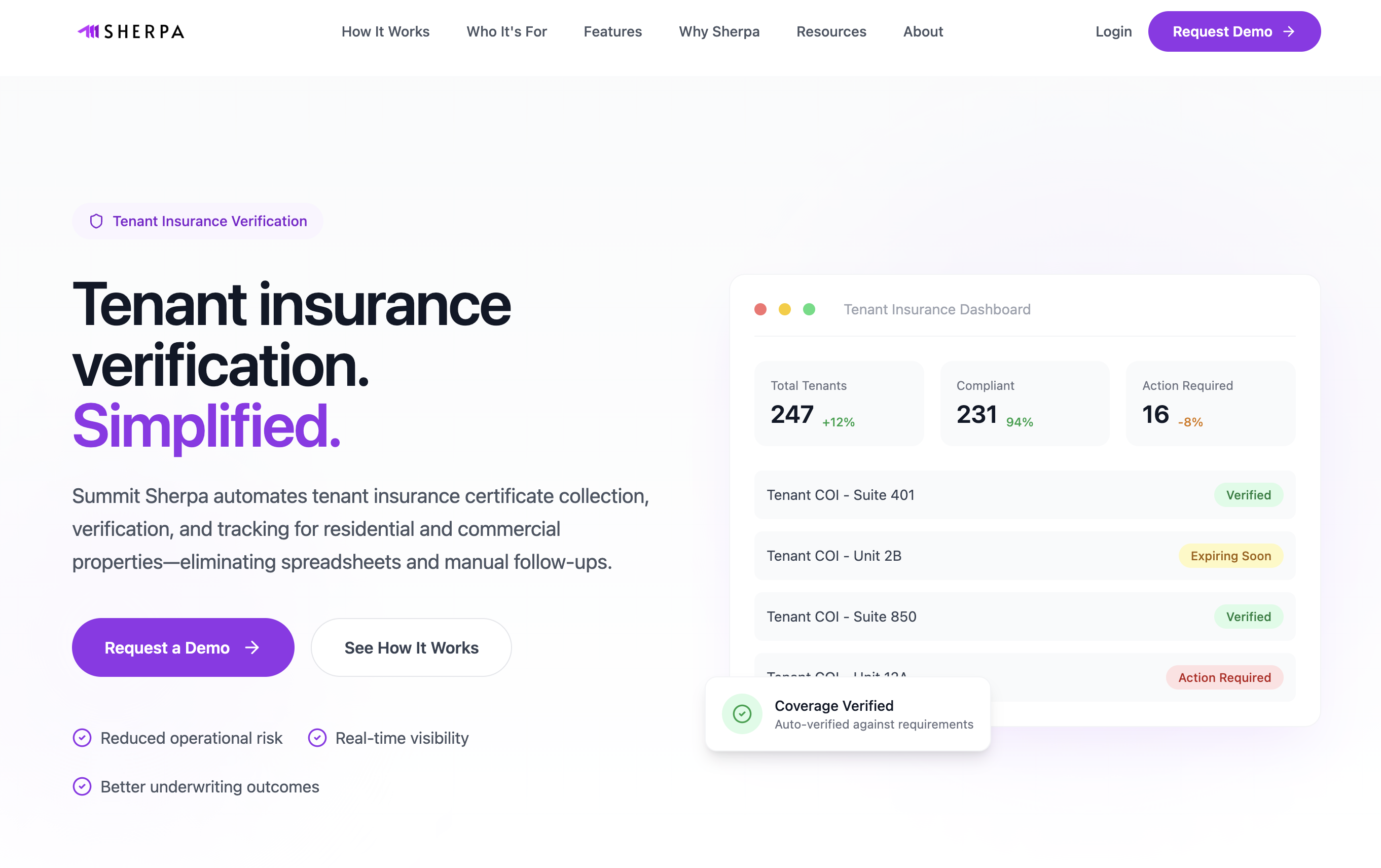
Builder's risk insurance is an essential financial precaution for building projects, but who pays for builders risk insurance, it varies depending on the project's contractual arrangements. The burden usually lies on the project owner or developer, who has a strong interest in preserving their investment. However, depending on the terms of the building contract, contractors or subcontractors may be held liable in specific situations. This component requires clear communication and negotiation to achieve optimal coverage and cost distribution throughout the building phase.
Fundamentals of Builders Risk Insurance
Builders risk insurance is property insurance that is specifically intended to safeguard a building project and the parties engaged in it. It protects the project against damage or loss caused by a variety of risks, such as fire, vandalism, theft, and even natural catastrophes.
The Key Players in a Construction Project
To figure out who pays for builders risk insurance, we must first identify the essential parties in a building project:
1. Owner
The person or institution that originates and finances the building project is known as the owner. They have a vested interest in the project's success since it often includes their vision, money, and future ambitions.
2. General Contractor
The general contractor is in charge of managing the construction project, organizing subcontractors, and ensuring that the work is completed on schedule and according to the project requirements.
3. Subcontractors
Subcontractors are specialized tradespeople or organizations that the general contractor hires to do particular jobs such as plumbing, electrical work, or roofing.
4. Lender
A lender may be engaged in certain circumstances to offer money for the building project. Because their money is at stake, the lender has a strong interest in seeing that the project is finished effectively.
Read more: Builders Risk Insurance for Renovations
Who is Responsible for Builders Risk Insurance?
Builders Risk insurance, which is essential for building projects, raises concerns about its duty.
1. Owner's Responsibility
Protecting Their Investment: Construction owners invest heavily. They profit most or suffer most from its success or failure. Builder's risk insurance protects their investment against unanticipated losses.
Ownership: Since the owner owns the project, they should ensure it throughout development. This protects their interests and allows them to recoup financially if harm occurs.
2. General Contractor Role
Insurance Assistance: The general contractor helps the owner get insurance. They may assist with project specifics, valuation, and insurance placement.
Compliance: General contractors guarantee that the project meets all contractual responsibilities, including the builder's risk insurance. This keeps the project on pace and protects everyone.
3. Subcontractor Involvement
Liability Concerns: Subcontractors may have liability insurance for their job. This may help if their activities cause project harm or losses.
Collaboration with the General Contractor: Subcontractors work closely with the main contractor to ensure that everyone understands insurance requirements and risk reduction.
4. Lender Concerns
Protecting Their Investment: Lenders use the building project as collateral to protect their investment. Builder's risk insurance safeguards the lender's collateral.
Loan Requirements: As a requirement of the loan agreement, lenders may require the owner to get builders risk insurance. This criterion reduces the lender's risk exposure.
Factors Affecting Builders Risk Insurance Costs
Now that we know who is liable for builder's risk insurance let's look at some of the elements that might influence the cost of this coverage:
- Project Value: The entire cost of builders' risk insurance is directly related to the value of the building project. Higher project values usually imply higher insurance rates since there is more at stake.
- Location: The geographic location of the building project might have an impact on insurance rates. Premiums may be higher in areas prone to natural calamities such as hurricanes or earthquakes.
- Project Duration: The estimated duration of the project might affect insurance rates. Longer building times may result in higher premiums due to increased risk exposure.
- Coverage Limits and Deductibles: The coverage limits and deductibles selected by the owner also have an influence on prices. Larger rates are often associated with more significant coverage limits and smaller deductibles.
- Construction kind: The kind of construction conducted might have an impact on insurance rates. Due to the greater risk, projects incorporating complex buildings or unique designs may have higher premiums.
Conclusion
Who pays for builders risk insurance? Construction project owners are usually responsible for a good cause. Owners have the most considerable financial interest in the project's success and should preserve their investment. Builders risk insurance for homeowners is also another investment in your building project's success and continuation. It protects stakeholders financially, reduces risks, and gives them peace of mind.



